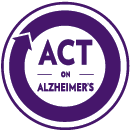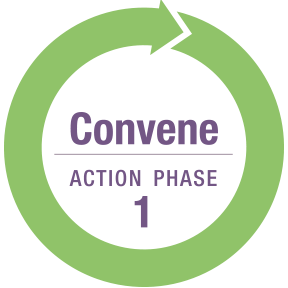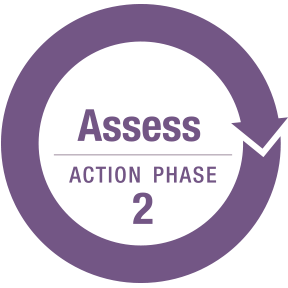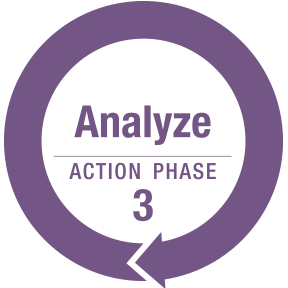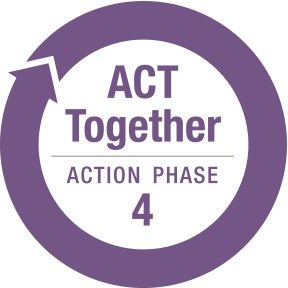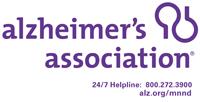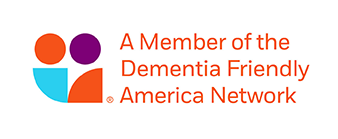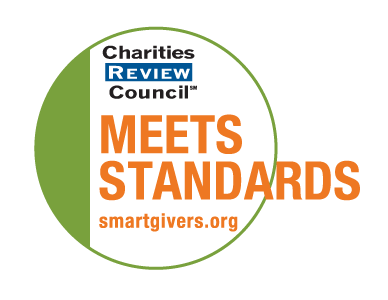During the Convene phase, bring key community leaders and members together to understand dementia and its implications for your community. Then, form an Action Team.
Step 1: Determine Community Readiness
Convene an initial meeting of community members who are interested in discussing the impacts of dementia on your community. Determine whether your community is ready for the broad effort and work involved in becoming dementia friendly.
When ready, schedule one or several informational meetings to begin building your Action Team. Have team members identify and invite key stakeholders and leaders who represent a variety of community sectors, including people with dementia and their family caregivers as well as diverse, marginalized and underserved communities*. See Action Team diagram below.
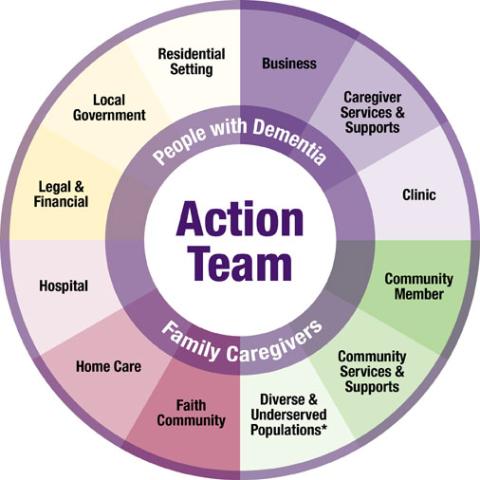
Tools for Step 1
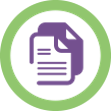
Initial Meeting Agenda
Dementia-Friendly Community Overview
Community Readiness Questionnaire
Building Your Action Team offers guidance on how to establish your action team
Invitation to Join Action Team
Toolkit Overview - Video
Step 2: Build an Action Team
Hold one or several informational meetings to discuss dementia and its impacts, to share information about being dementia friendly, and to ask people to become involved. Have a sign-up for people interested in participating in the effort. Use the List of Contacts Worksheet throughout the four-phase toolkit process to keep track of people who want to be involved.
Communications Tips

Be intentional about holding meetings with people who serve diverse, marginalized, and underserved populations to promote ethnic and cultural awareness and to better understand the health disparities of Alzheimer’s.
Tools for Step 2

Is Your Community Prepared flyer
Know the 10 Signs, Infographic
MN Communities are ACTing on Alzheimer's
Sign-Up for those interested in participating in the effort
List of Contacts Worksheet
Toolkit Overview - Video
Step 3: Host a Community Meeting
Host a community meeting to publicly announce your work underway to become a dementia-friendly community. Share information about Alzheimer’s disease and dementia and the demographics of dementia in your community, explain the action/process steps, and announce your team members. Have a sign-up for people interested in participating in the effort.
If you don’t hold a community meeting, be sure to choose other ways to inform the public about the work underway.
Tools for Step 3

Announcement of Community Meeting: Template
Know the 10 Signs, Infographic
Demographics of Dementia in Your Community
Is Your Community Prepared flyer
Toolkit Overview Video
Sign-Up for those interested in participating in the effort
News Release Informing Community of Dementia Friendly Work Underway: Template
Step 4: Hold an Action Team Meeting
Hold your first Action Team meeting and discuss the toolkit process for becoming dementia-friendly. Review the demographics of dementia in your community. Provide an overview of the work plan, timeline and projected expenses for Phases 1 - 3. Ask team members to think about how they would like to be involved, such as the community assessment team or the community event team.
Tools for Step 4

First Action Team Meeting Agenda
Is Your Community Prepared flyer
Demographics of Dementia in Your Community
Phase 1 - Phase 4 Workplan
Toolkit Overview - Video
Sign-Up for those interested in participating in the effort
Stages of Group Development
Would you like to learn from the experience of others?
More than 60 communities have used the Dementia Friendly Toolkit in their communities and have completed evaluations. We are happy to make them available to you upon request.
The Dementia-Friendly Communities Toolkit is informed by research and is flexible and adaptable to a community’s needs. The University of Minnesota Extension Center for Community Vitality was a key resources for creating the toolkit and continues to be a valuable source for information and support.
The ACT on Alzheimer's® Dementia Friendly Communities Toolkit, provider practice tools, dementia training, and related resources may be reproduced, adapted, or both when these restrictions are followed:
- Acknowledgment of ACT on Alzheimer's must appear in print and online. Use this citation: Reproduced (or Adapted) from ACT on Alzheimer's® developed tools and resources.
- ACT on Alzheimer's® developed tools and resources cannot be sold in their original form or in a modified/adapted form.

